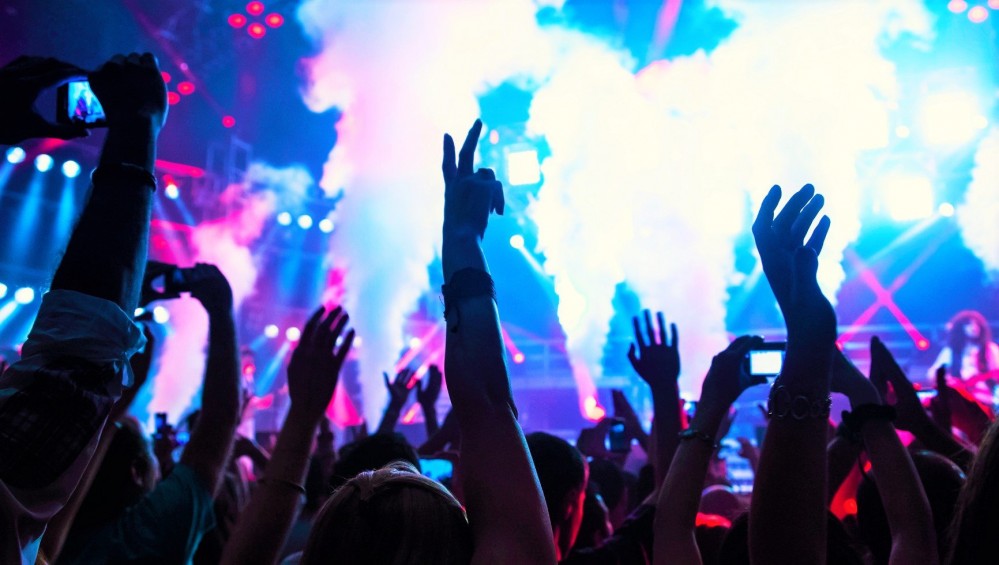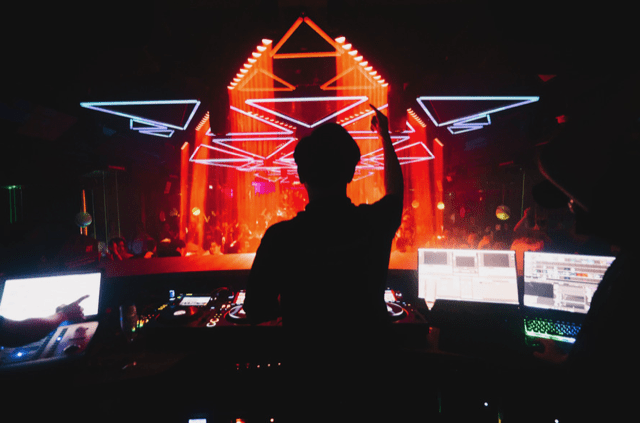
Ticketmaster Will Check Your COVID Vaccine Status For Shows
With news earlier this week that Pfizer and its German partner BioNTech SE reportedly discovered a vaccine to fight COVID-19 that’s over 90% effective, promoters are feeling hopeful about the return of shows in 2021. But they’re not taking any chances either.
One of the biggest ticketing platforms in the country, Ticketmaster (and its parent company, Live Nation), is working on methods to confirm vaccination or negative test results before letting people into their shows. Here’s how it would work, according to Billboard:
After purchasing a ticket for a concert, fans would need to verify that they have already been vaccinated (which would provide approximately one year of COVID-19 protection) or test negative for coronavirus approximately 24 to 72 hours prior to the concert. The length of coverage a test would provide would be governed by regional health authorities — if attendees of a Friday night concert had to be tested 48 hours in advance, most could start the testing process the day before the event. If it was a 24-hour window, most people would likely be tested the same day of the event at a lab or a health clinic.
Once the test was complete, the fan would instruct the lab to deliver the results to their health pass company, like CLEAR or IBM. If the tests were negative, or the fan was vaccinated, the health pass company would verify the attendee’s COVID-19 status to Ticketmaster, which would then issue the fan the credentials needed to access the event. If a fan tested positive or didn’t take a test to verify their status, they would not be granted access to the event. There are still many details to work out, but the goal of the program is for fans to take care of vaccines and testing prior to the concert and not show up hoping to be tested onsite.
If everyone at a venue has confirmed tested negative or received a vaccination, the chance of transmission would, theoretically, be much, much lower and allow for even the possibility of maskless events. Though, ultimately, that will likely be up to local governments and venues.
via Billboard


